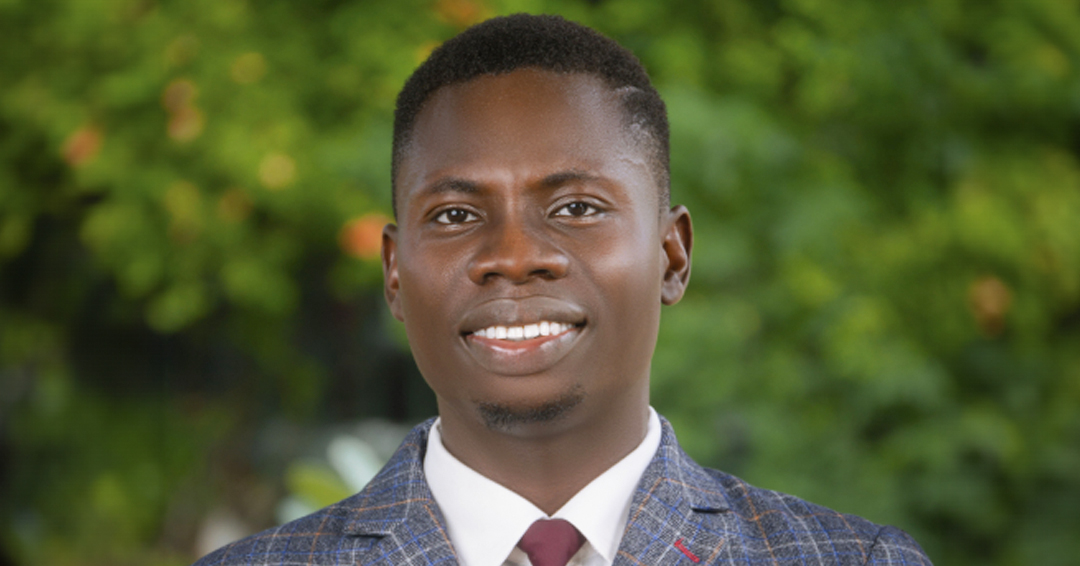
Meet Harrison Aduluwa, a graduate student with a mission that transcends borders
Harrison’s journey to graduate studies in neuroscience was not preordained. Armed with a background working as a radiographer in Nigeria, he notices the need for improved access to neuroimaging while working in clinical care. “I worked with an excellent neurosurgeon, and I saw the impact that neuroimaging had on the clinical work. So, when the opportunity [to study at The Neuro] came, I knew I had to take it,” he explains.
Championing Research in Africa
After arriving at The Neuro to pursue his studies, Harrison couldn’t ignore the contrasts in the state of medical imaging in Africa compared to Canada. The deficiencies were glaring—limited access to MRI equipment, lower-powered machinery, and a shortage of diagnostic capabilities. It was a call to action. Harrison understood that to improve access to neurological care and neuroimaging in Africa, these gaps needed to be addressed by training more researchers and by fostering collaborations with organisations across the world like The Neuro. In addition to his work in the lab, Harrison volunteers with CAMERA MRI Africa, an organisation whose main objective is to increase MRI accessibility by improving access to and availability of MRI, personnel training and education.

Within Udunna Anazodo’s lab, Harrison’s research focusses on designing an MRI protocol that will scan the brain and the heart, with the goal of better understanding links between vascular diseases and neurological conditions.
“The scarcity of data from Africa presents a hurdle for researchers,” says Harrison. He recognizes that trust must be established within communities to encourage participation in research initiatives. Overcoming ethical concerns and navigating cultural nuances, he hopes to be part of many researchers addressing these challenges. Once finished with his studies, Harrison plans to return to Africa with a new expertise, and a fervent desire to transform the neurological landscape, neuroscience education but also to foster collaboration between African researchers and the global scientific community, from The Neuro to Lagos and beyond. “In the near future, I see myself teaching. Passing this knowledge to others, especially in resource limited settings like Africa, Southeast Asia and Latin America.” He chuckles and adds, “whenever I get the opportunity to share the gospel of MRI, I love doing it.”
